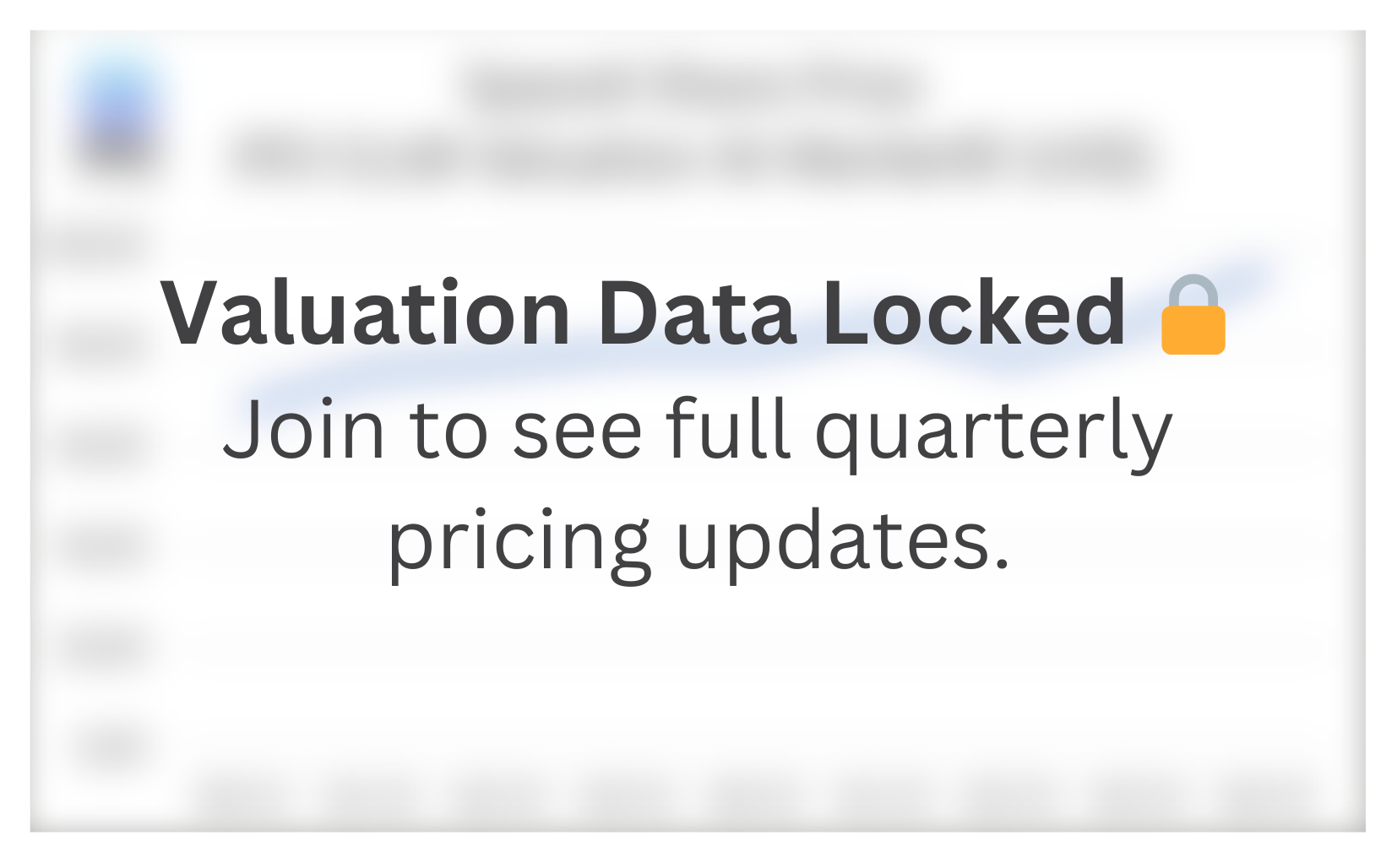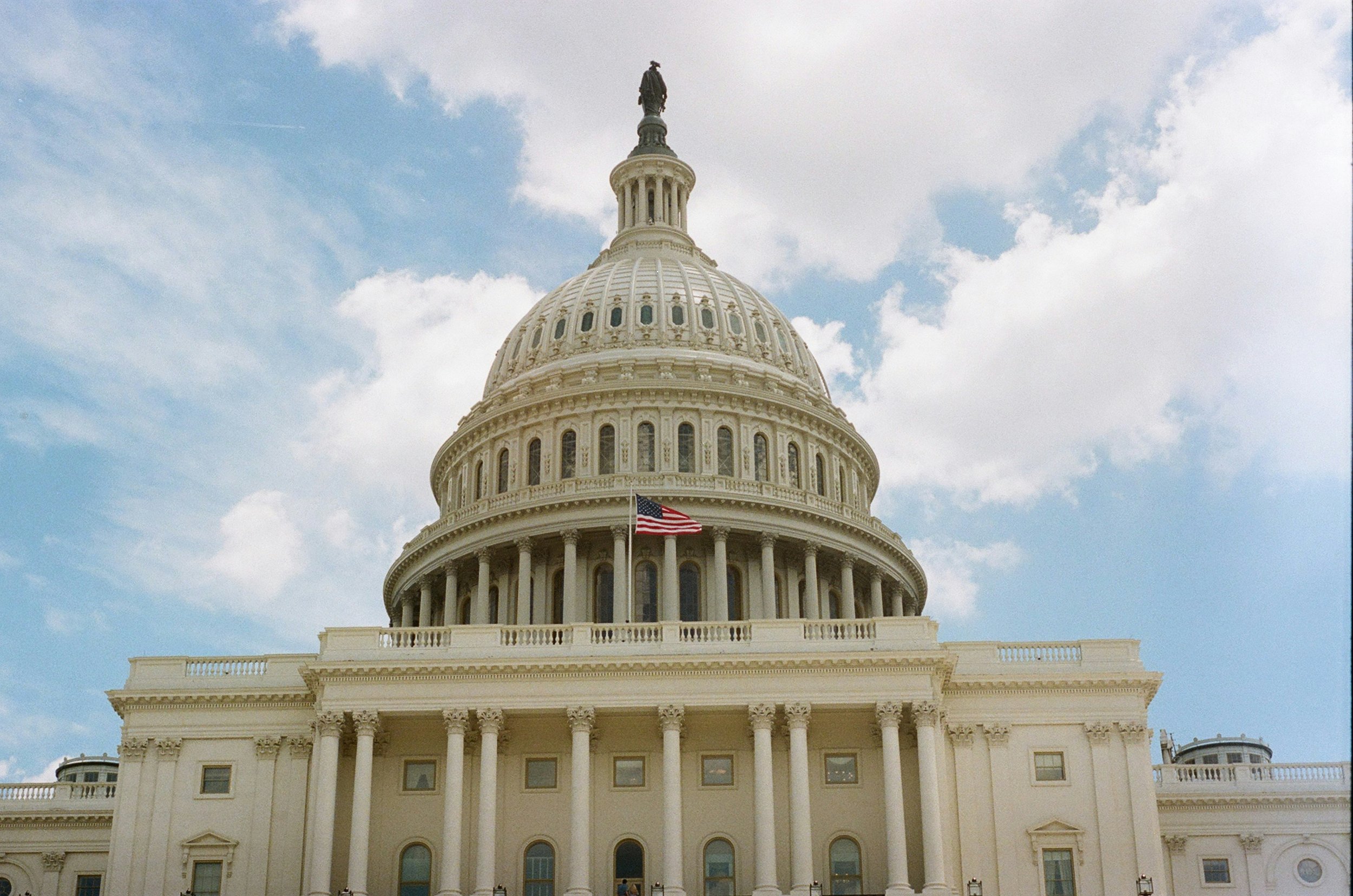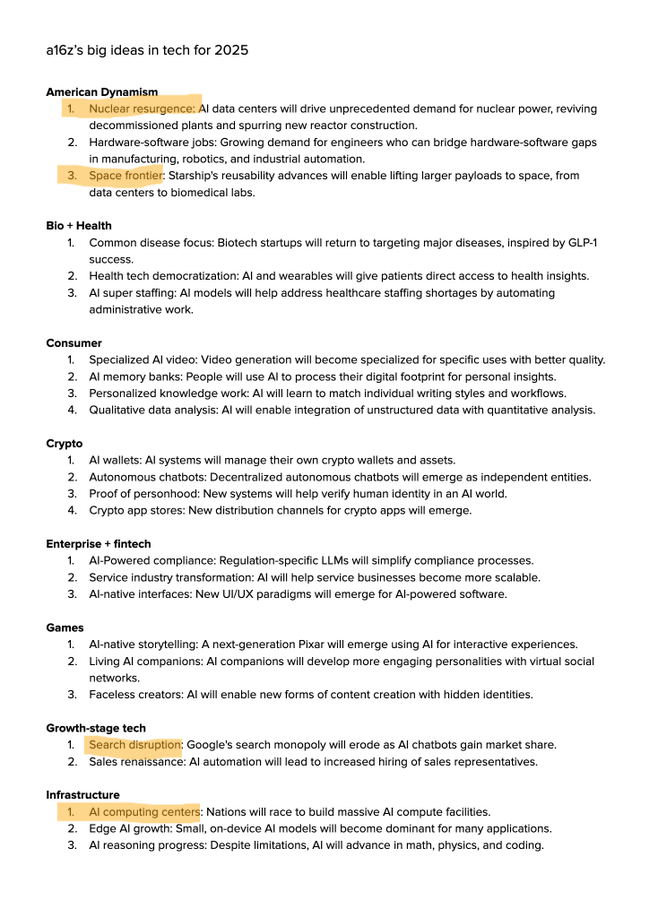Ripple
This company is in the pipeline of America 2030, IPO CLUB’s $50M, actively managed secondary fund focused on U.S. defense, energy, security, and AI.
Founded in 2012 and based in San Francisco, CA, it employs around 500 people. It’s a leader in the Industry Sectors of Financial Software, B2B Payments, Cryptocurrency, Blockchain and Fintech.
What is Ripple?
Ripple is a blockchain technology platform that enables financial institutions to transfer money across borders instantly, reliably, and cheaply. Its platform supports an open-source payment system using a digital currency called XRP, facilitating free payments for merchants, consumers, and developers. This enables customers to transact in any currency without chargebacks, with instant global payment options.
Ripple serves over 300 financial institutions across more than 40 countries, with offices in key financial hubs, including San Francisco, New York, London, Sydney, Luxembourg, Singapore, and Mumbai.
Business Development
Ripple effectively exists as three separate but interrelated things.
1. The Ripple Network (or RippleNet). A digital payment network for financial transactions.
2. Ripple Labs is the company that develops the Ripple Network, XRP and other blockchain payment solutions for financial institutions.
3. XRP. The digital currency that works on the Ripple Network.
RippleNet is projected to become a leading international B2B payment system. RippleNet’s advanced blockchain is utilized by over 300 providers across 40 countries and six continents. Major adopters include American Express, Santander, and MoneyGram, with potential interest from Visa and Western Union.
Business Focus
Ripple positions itself as a cross-border payment business rather than a cryptocurrency company. XRP, though central to its platform, functions as a cryptocurrency distinct from Ripple’s business model.
Expanding the Global Payments Market with Ripple’s Cross-Border Payment Solutions
The cross-border payments market, a significant part of the $1.6 trillion payments industry, is expected to grow to $2.2 trillion by 2027. Traditionally dominated by legacy systems like SWIFT, this market is hampered by inefficiencies in cost and speed, with transactions often taking days and costing up to 7% of the transaction value. Cryptocurrencies, particularly in emerging markets, provide an alternative, offering a faster and more cost-effective option, especially for individuals seeking to avoid inflation or remittance fees. Ripple addresses these needs through its XRP-based payment solutions, which enable near-instant cross-border transactions at minimal fees. This technology eliminates intermediary banks, reducing associated costs and allowing nearly instantaneous transactions.
Key Investors
IPO CLUB, 10X Capital, Andreessen Horowitz, Digital Currency Group.
Ripple stock
Ripple’s Core Products and the XRP Ledger
Ripple Payments, Ripple’s primary product, is designed for efficient cross-border transactions. The underlying XRP Ledger allows fast and secure transactions, with its decentralized and consensus-driven architecture providing an alternative to energy-intensive proof-of-work systems like Bitcoin. XRPL’s decentralized nature also enables broad financial applications beyond payments, supporting tokenization, NFTs, and DeFi services.
Key Products: Payments, Custody, and Stablecoins
Ripple’s diversified offerings cater to financial institutions with different needs:
• Payments: Ripple Payments provides low-cost, real-time cross-border payment services. Originally launched as RippleNet, it was rebranded in 2023, continuing to integrate key features that simplify and enhance transaction transparency.
• Digital Custody: Ripple expanded its services in digital asset custody following acquisitions of Metaco and Standard Custody & Trust Company. Ripple Custody offers secure storage solutions with AML compliance and integration with XRPL.
• RLUSD Stablecoin: Ripple’s US-dollar-pegged stablecoin, RLUSD, is intended to provide stability for payments on the XRPL, addressing demand for reliable digital assets, especially following instability with major stablecoins like USDC.
Market Positioning and Ripple’s Competitive Landscape
Ripple operates across three major markets:
1. Global Payments: Competitors like Wise, Revolut, and Airwallex leverage SWIFT and regional payment networks to provide cross-border payments, albeit with higher fees and less integration than Ripple’s blockchain-based solution.
2. Digital Custody: Firms such as BitGo and Fireblocks offer competing custody solutions, but Ripple’s acquisitions have enhanced its security and compliance, essential for institutions handling digital assets.
3. Stablecoins: Ripple faces strong competitors in the stablecoin market, primarily USDT and USDC, which dominate market share.
Ripple’s low transaction costs and nearly instant settlements stand out in payments, while its eco-friendly consensus mechanism appeals in a regulatory climate increasingly sensitive to carbon emissions. For custody, Ripple’s acquisitions position it well to serve a rapidly expanding digital asset market, projected to grow at a CAGR of 23.7% through 2028.
Most Recent Financing Status
Ripple Labs has announced a $285 million share buyback as part of a tender offer. This initiative allows the company to repurchase shares from early investors and employees, effectively valuing Ripple at $11.3 billion. The buyback plan, confirmed by Ripple, includes a total commitment of $500 million, covering the conversion of restricted stock units (RSUs) and the purchase of shares.
The buyback strategy aims to provide liquidity for early investors while maintaining Ripple's private status, especially amid the regulatory uncertainties in the U.S. Ripple CEO Brad Garlinghouse mentioned that the company holds over $1 billion in cash and $25 billion in cryptocurrency assets, primarily in XRP. This move comes after Ripple secured a partial win in its ongoing legal battle with the U.S. Securities and Exchange Commission (SEC), where a judge ruled that XRP is not considered a security for programmatic sales
RIPPLE AND XRP
Ripple shares and XRP are two separate things.
Ripple is a global payments network with major banks and financial services providers as its customers. XRP is a cryptocurrency developed by Ripple that is used in Ripple products to facilitate quick conversion between different currencies.
Ripple stock should be uncorrelated to the fluctuation of the XRP, and we do not consider XRP in our analysis of the company Ripple Labs Inc.
Update as of December 2024
Following the 2024 U.S. elections, XRP's market performance has been notably influenced by anticipated regulatory shifts. The election of President-elect Donald Trump, coupled with the nomination of crypto-friendly Paul Atkins as the new SEC Chair, has led to expectations of eased legal pressures on Ripple Labs. This sentiment contributed to a substantial rally in XRP's value, with prices surging over 300% post-election, reaching highs around $2.90 before stabilizing near $2.50.
SEC Case Update - In August 2024, Judge Analisa Torres issued a final judgment in favor of Ripple Labs, concluding the prolonged legal battle with the U.S. Securities and Exchange Commission (SEC). The court determined that XRP is not a security, providing significant regulatory clarity for Ripple's operations. However, the SEC filed an appeal in October 2024, challenging the ruling. The appeal process is ongoing, with the SEC's decision on whether to proceed expected by January 2025.
XRP Exchange-Traded Funds (ETFs) - On December 2, 2024, asset management firm WisdomTree filed a Form S-1 registration statement with the SEC to launch the WisdomTree XRP Fund, an ETF designed to provide investors with direct exposure to XRP. The Bank of New York Mellon is designated as the administrator for the proposed trust. This move reflects growing institutional interest in XRP and could enhance its accessibility to a broader range of investors upon approval.
Launch of RLUSD Stablecoin - Ripple's U.S. dollar-pegged stablecoin, RLUSD, received final approval from the New York Department of Financial Services (NYDFS) and is set to launch on December 4, 2024. RLUSD is fully backed by U.S. dollar deposits, short-term U.S. Treasury bonds, and other cash equivalents, aiming to provide a stable medium for transactions within the Ripple ecosystem. This development positions Ripple to compete with established stablecoins like Tether (USDT) and USD Coin (USDC), potentially expanding its influence in the digital payments landscape.
Tax Free Rumours - Recent reports suggest that President-elect Donald Trump's administration is considering eliminating capital gains taxes on U.S.-issued cryptocurrencies, including XRP. This policy aims to position the United States as a leading hub for digital assets by incentivizing investment in domestically issued cryptocurrencies. If implemented, such a tax exemption could significantly enhance the appeal of U.S.-based crypto projects like XRP, potentially reshaping investment strategies and capital flows within the crypto market.
Ripple Latest news
Stay up-to-date with all the latest news about Ripple stock, IPO, and investment opportunities. By clicking here, you'll access real-time updates and in-depth analysis from market experts, empowering you to make informed decisions about your investment journey. Whether you're a seasoned investor or just getting started, our platform is tailored to provide you with all the crucial information you need to navigate the thrilling world of the stock market and IPOs. Dive in and keep your finger on the pulse of the financial markets.
The price of Bitcoin hit record highs after President-elect Donald Trump’s win. Ripple CEO Brad Garlinghouse explains why the crypto industry poured millions into super PACs ahead of the election. "60 Minutes" is the most successful television broadcast in history. Offering hard-hitting investigative reports, interviews, feature segments and profiles of people in the news, the broadcast began in 1968 and is still a hit, over 50 seasons later, regularly making Nielsen's Top 10.





October Update on Live Investments, Covering the Previous 90 Days